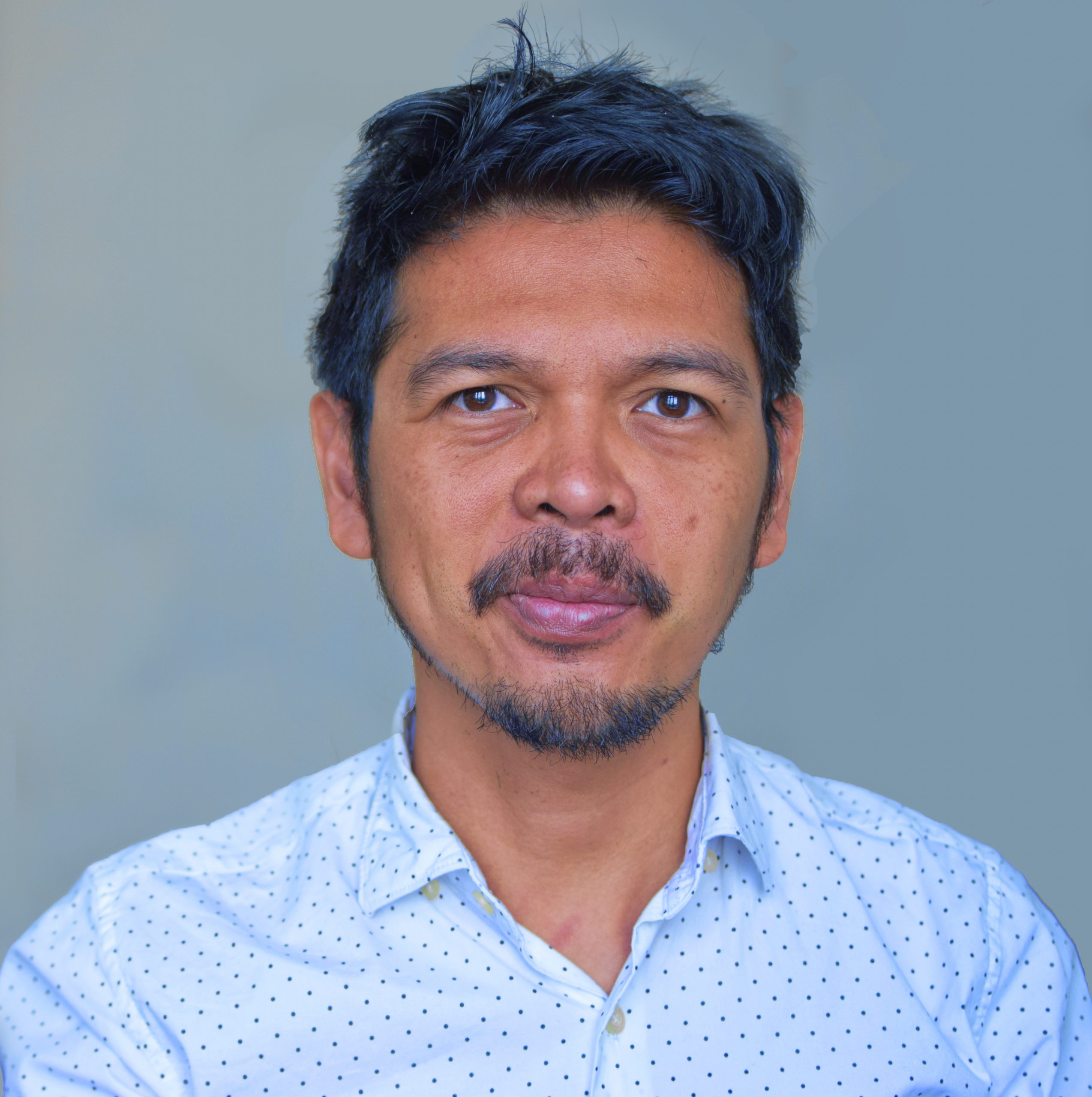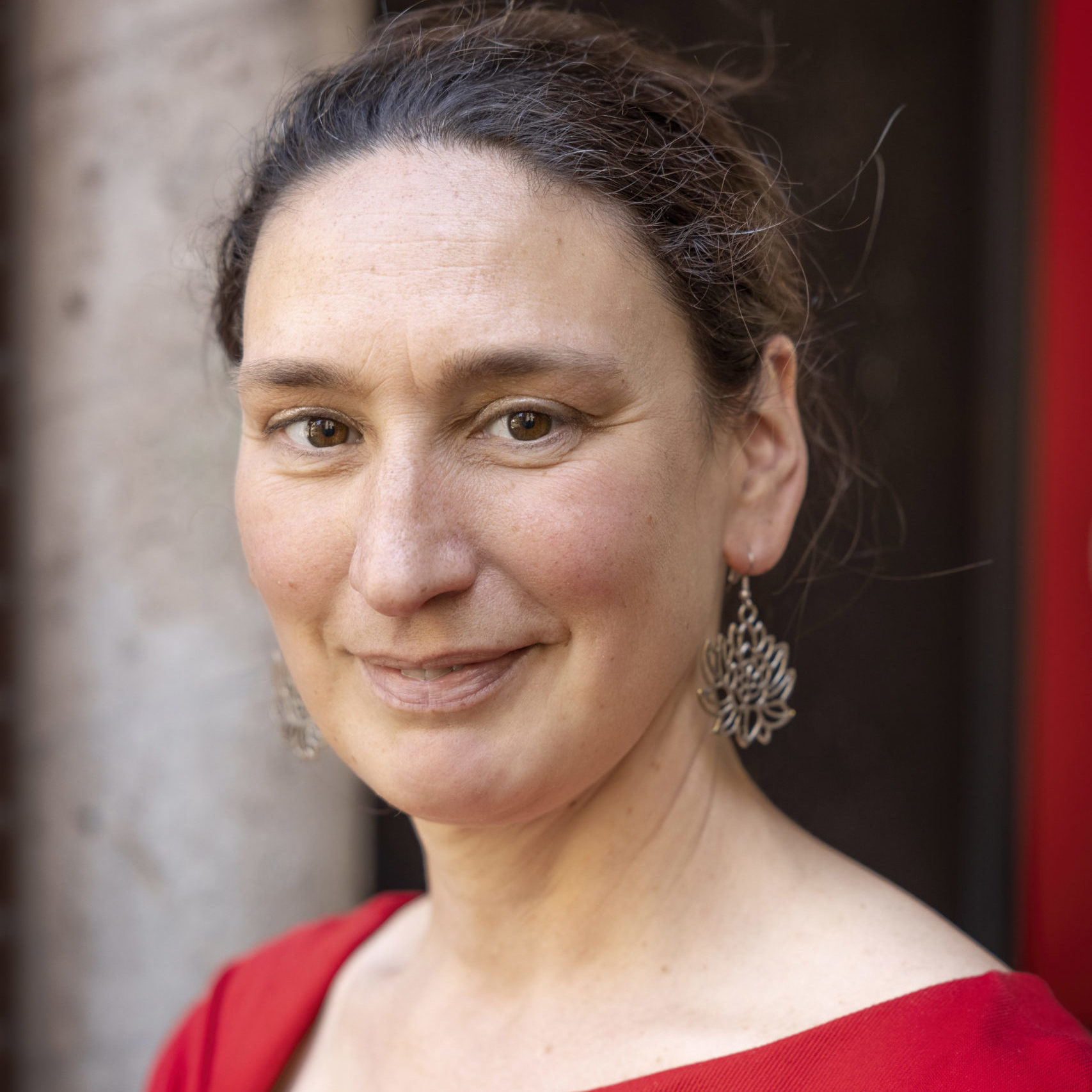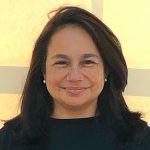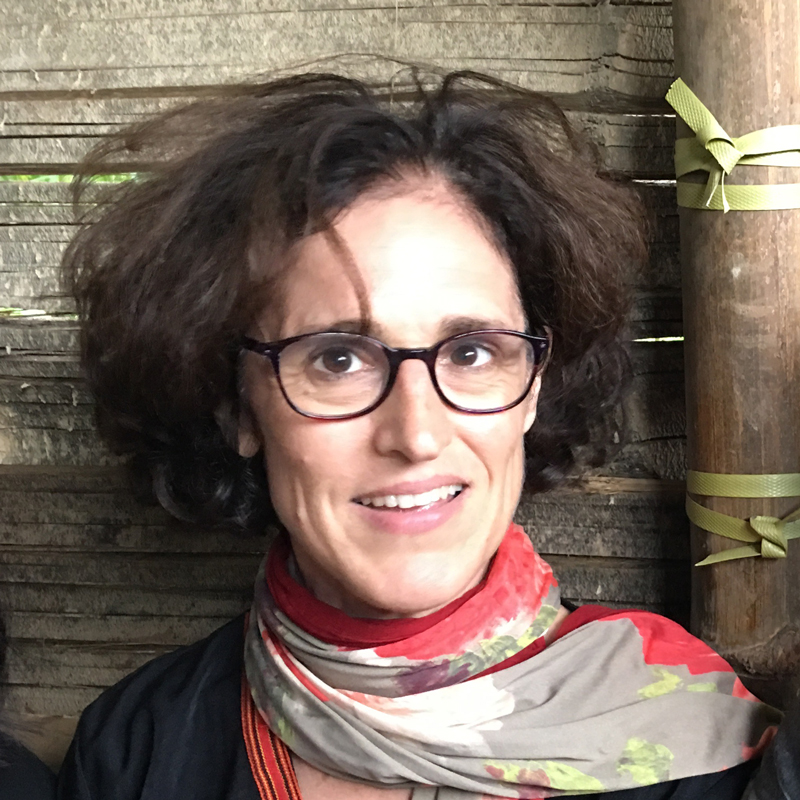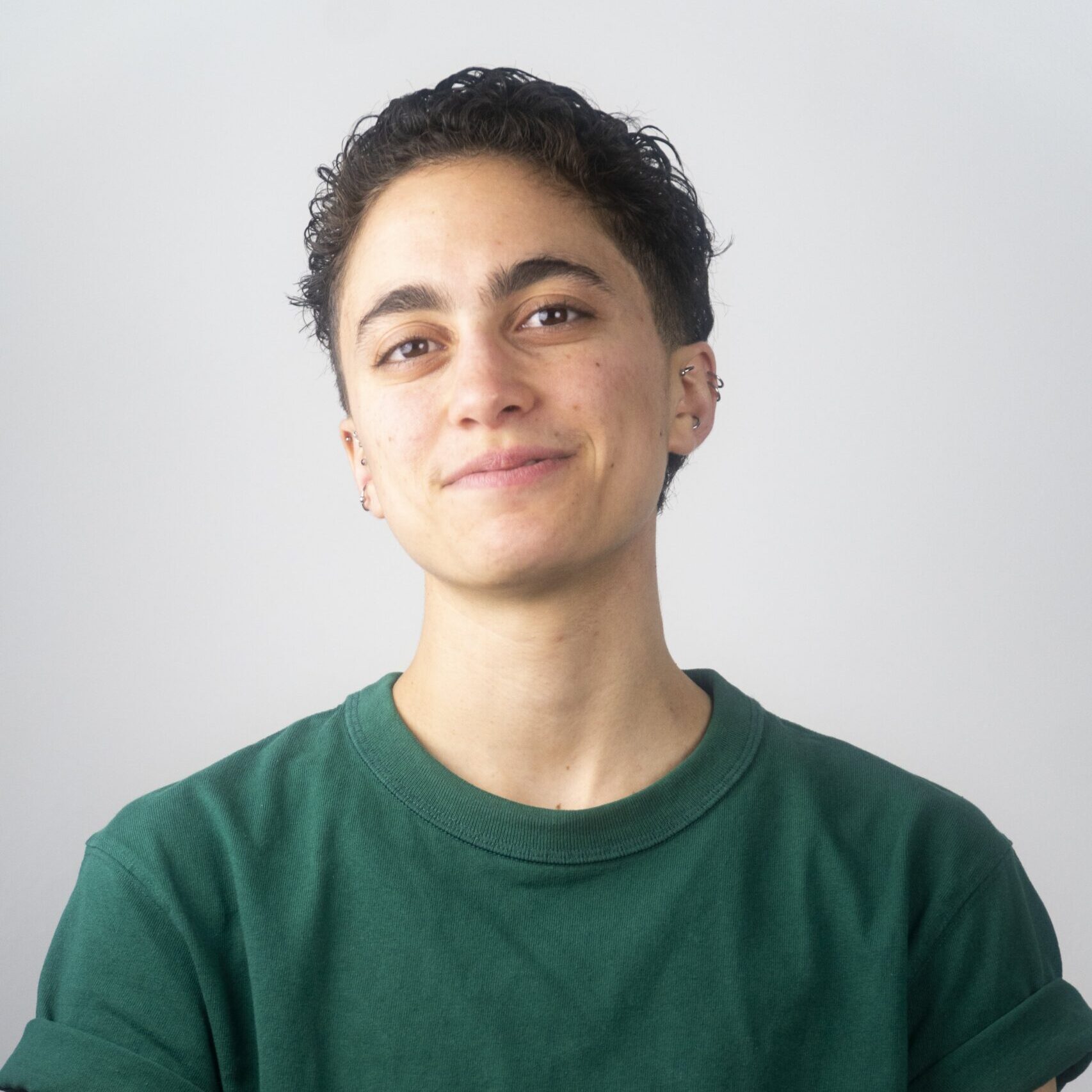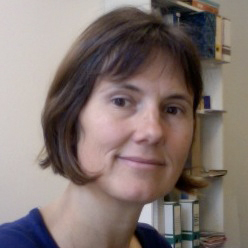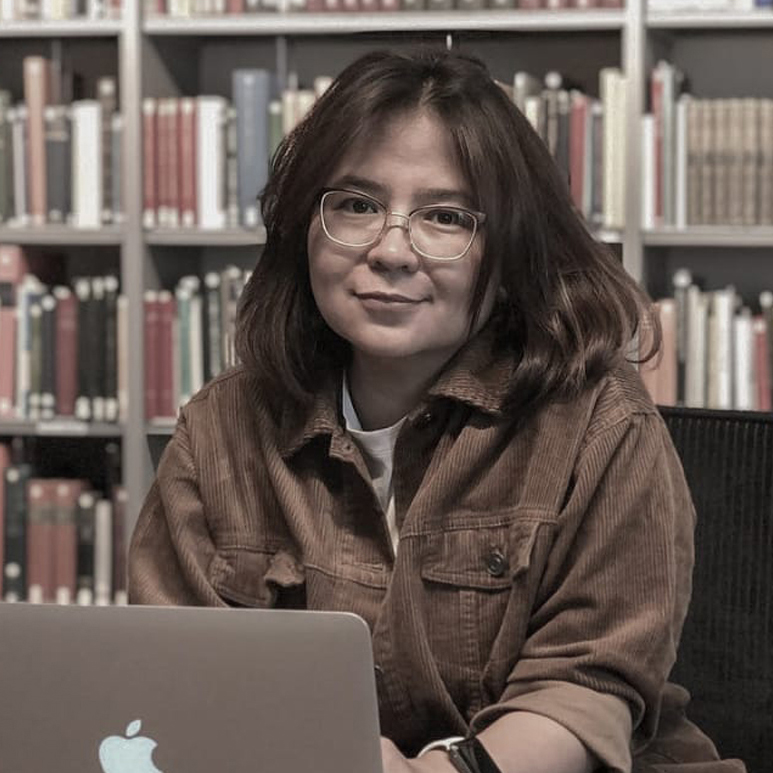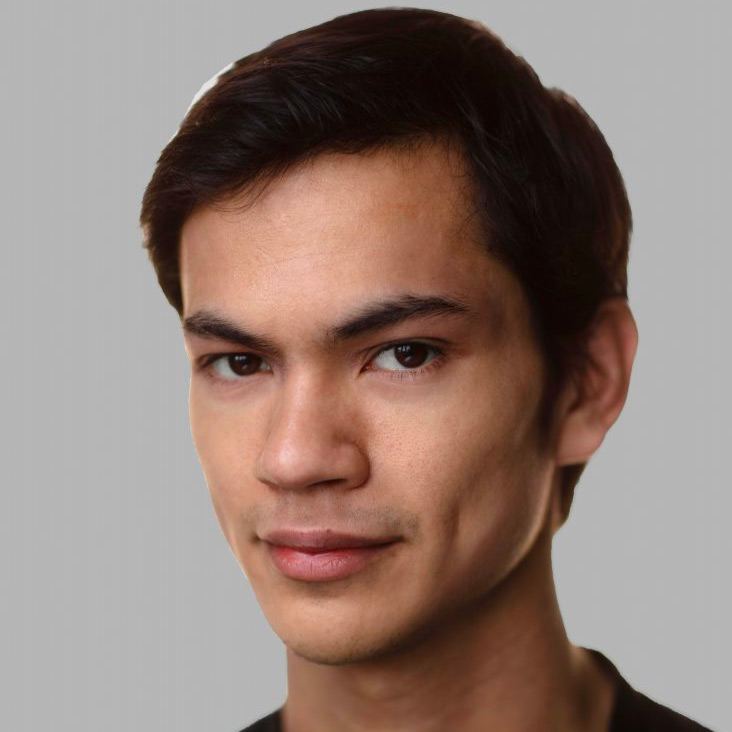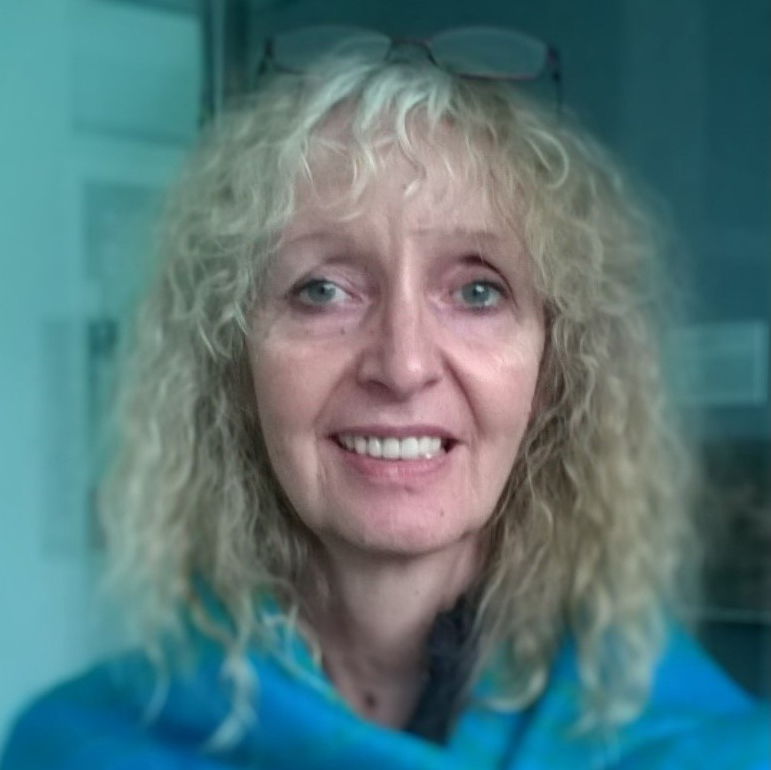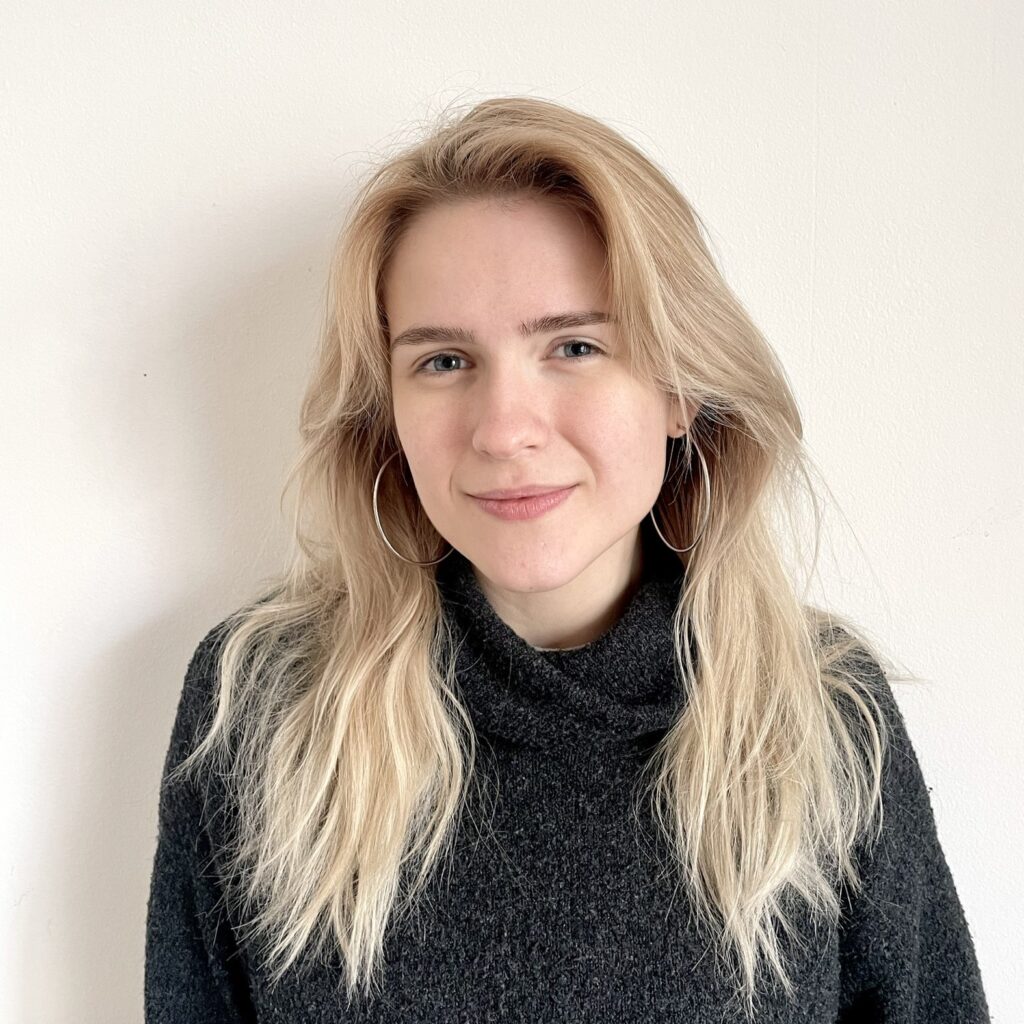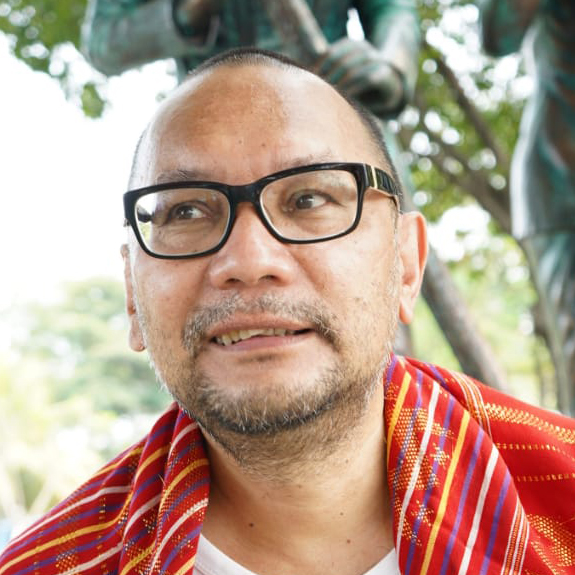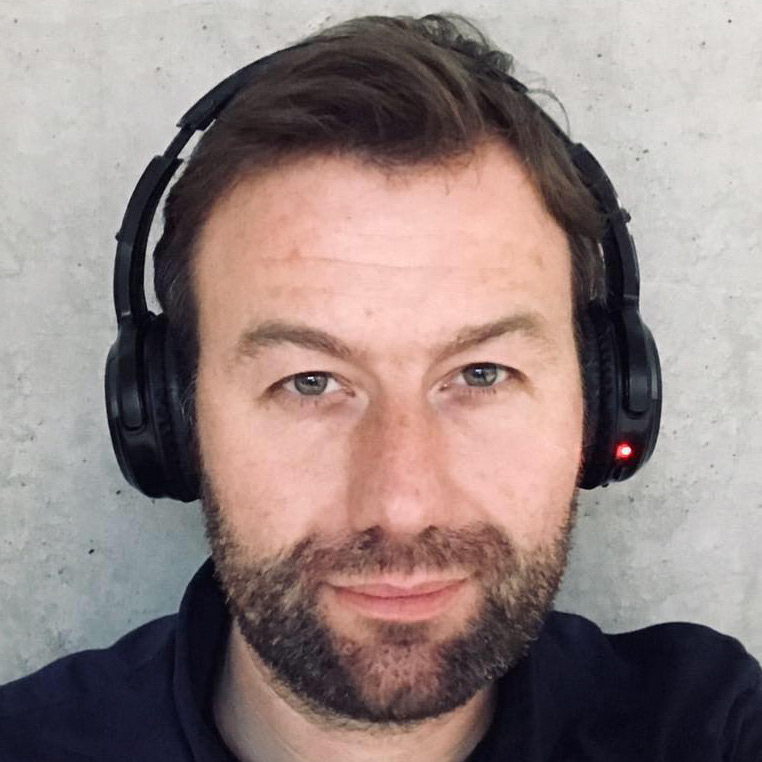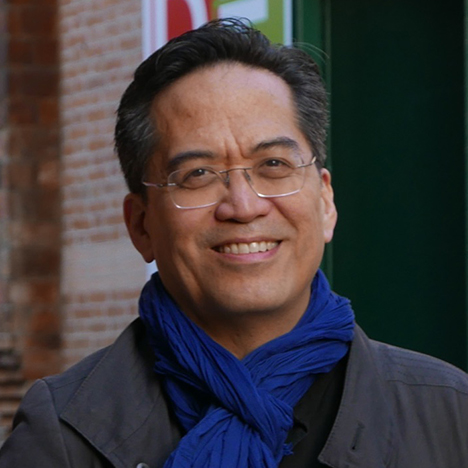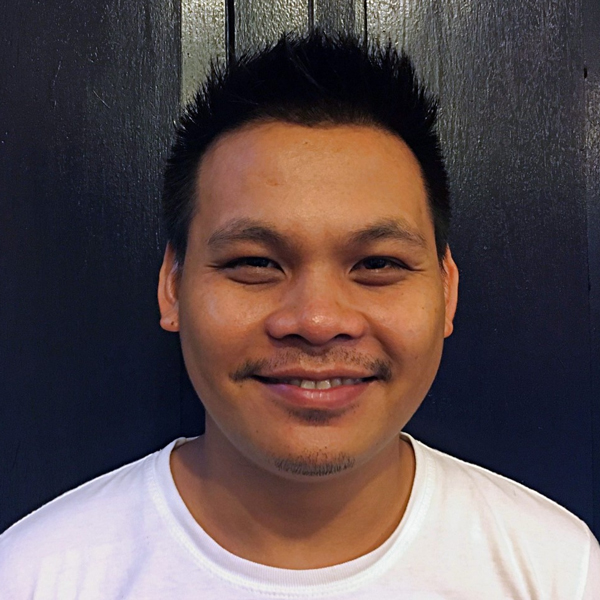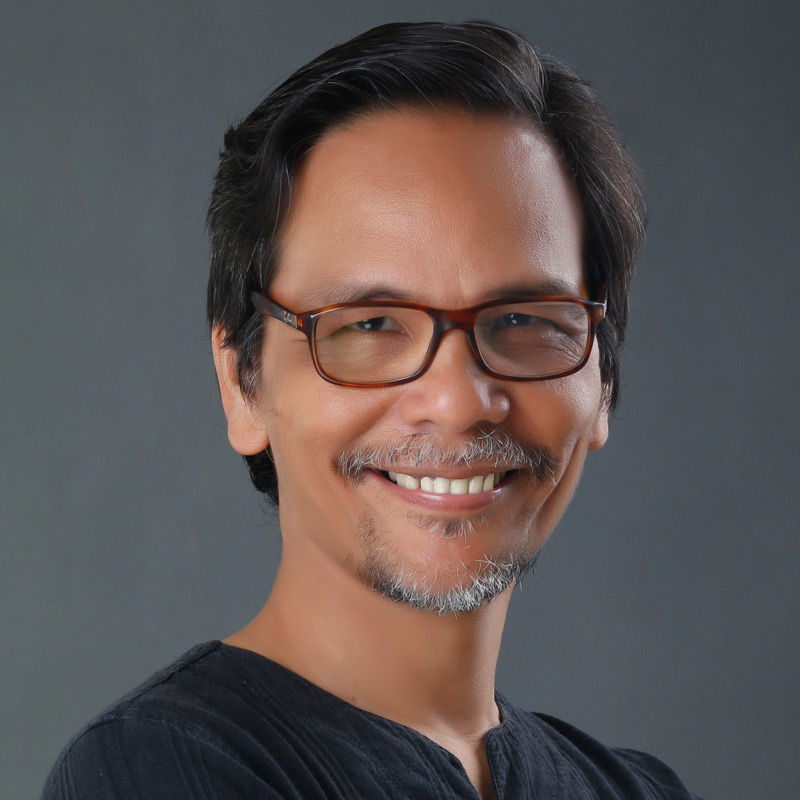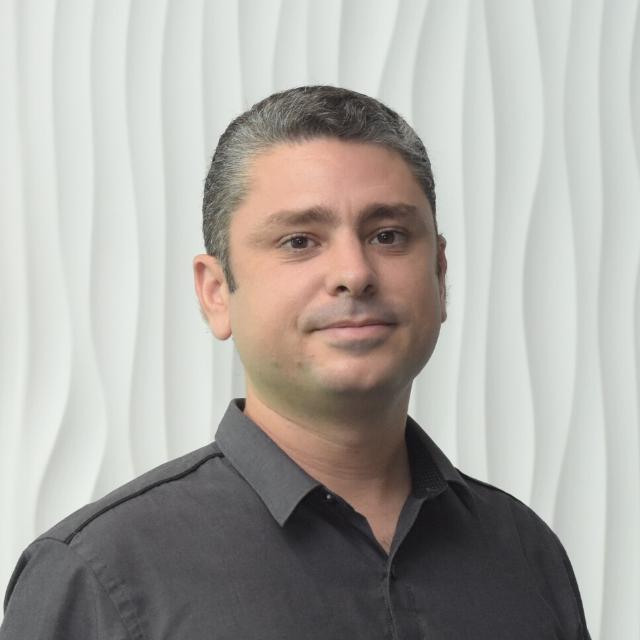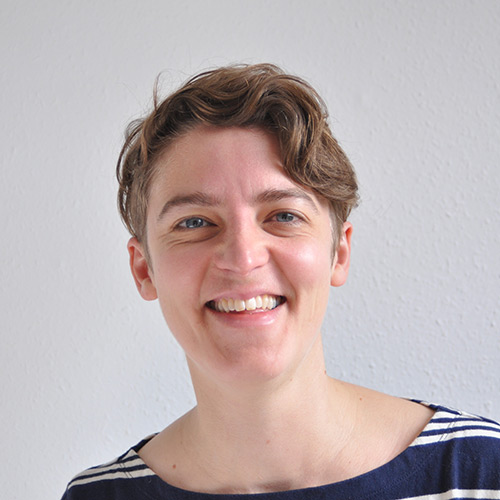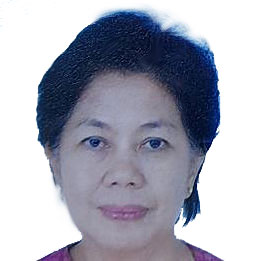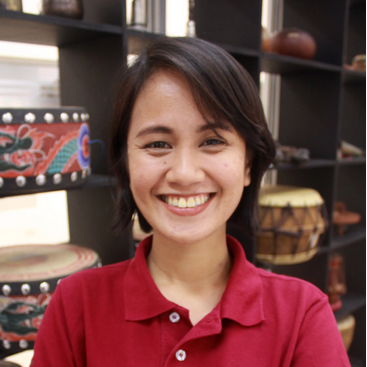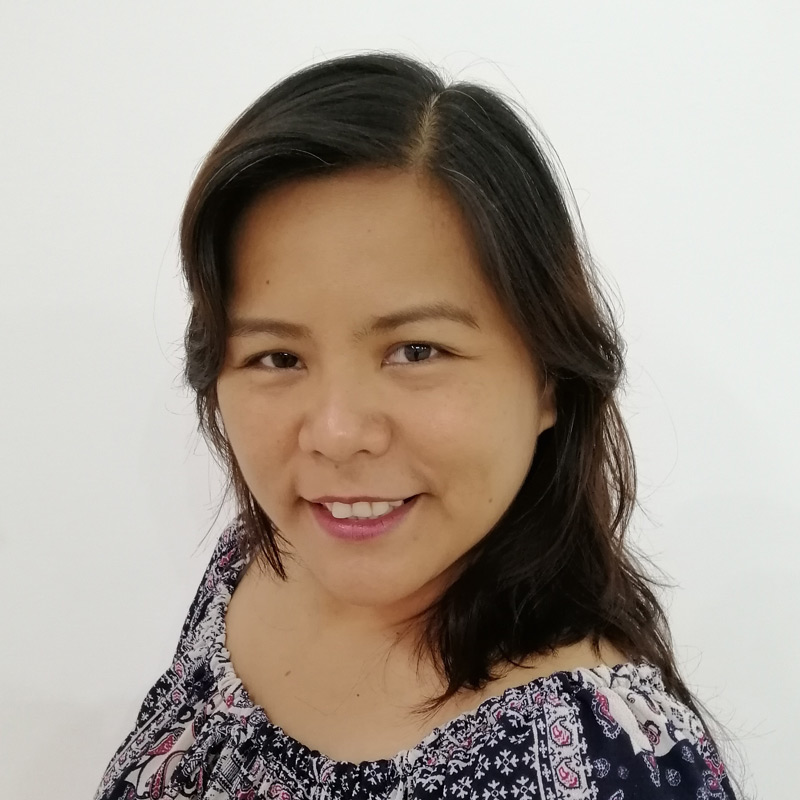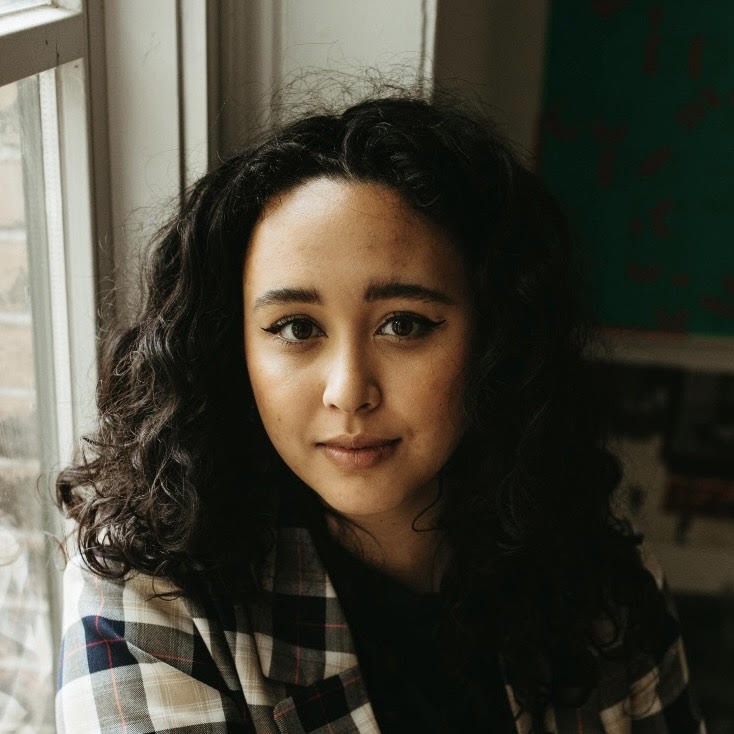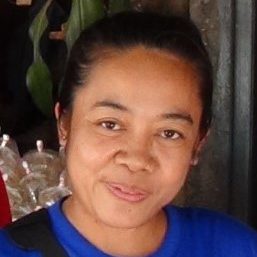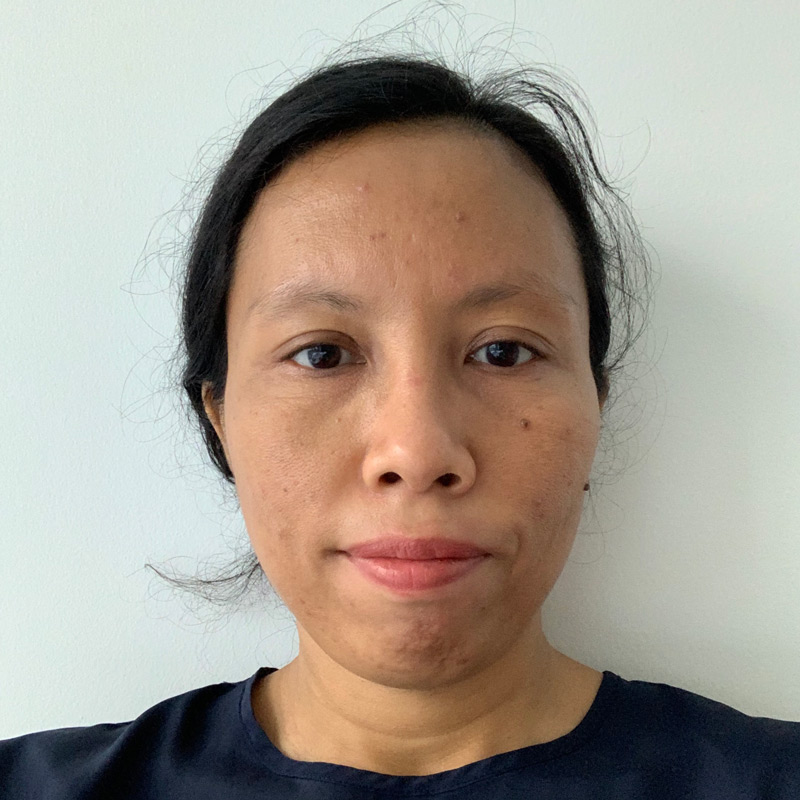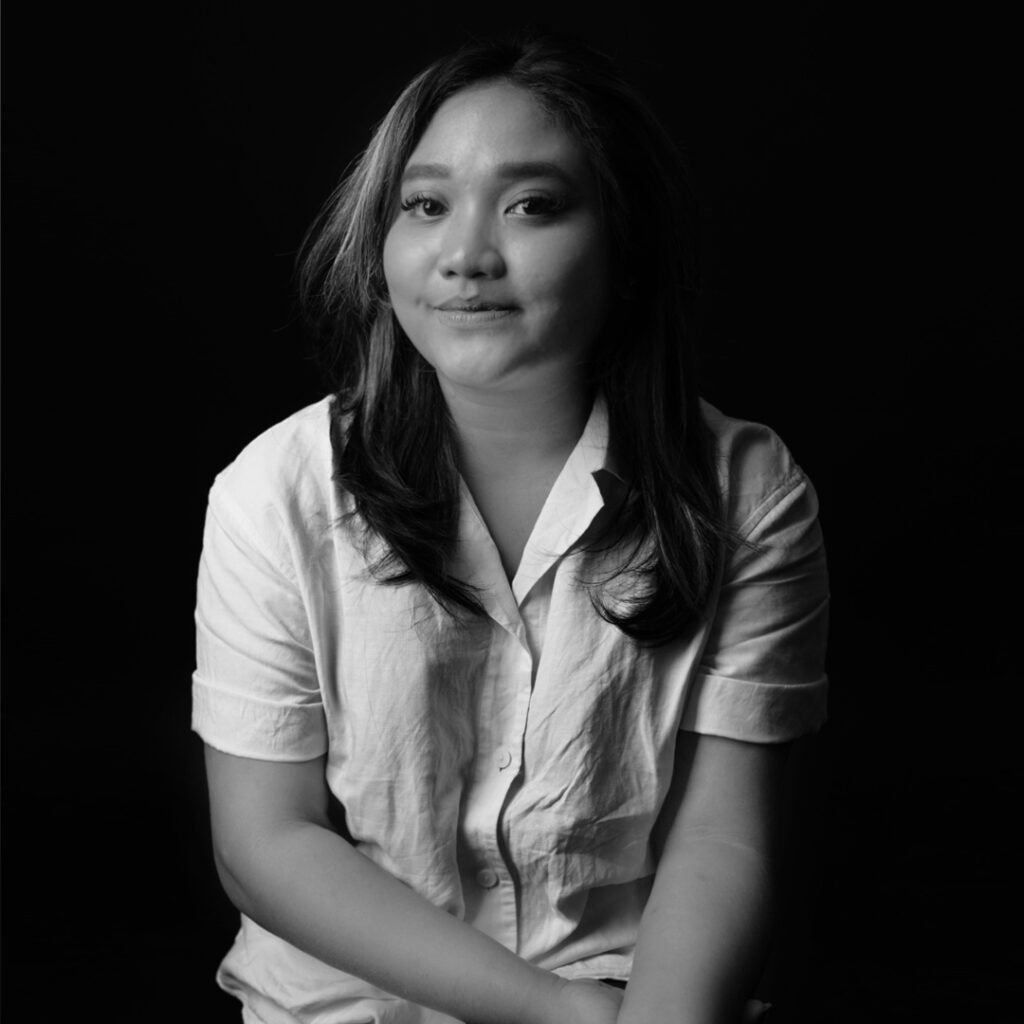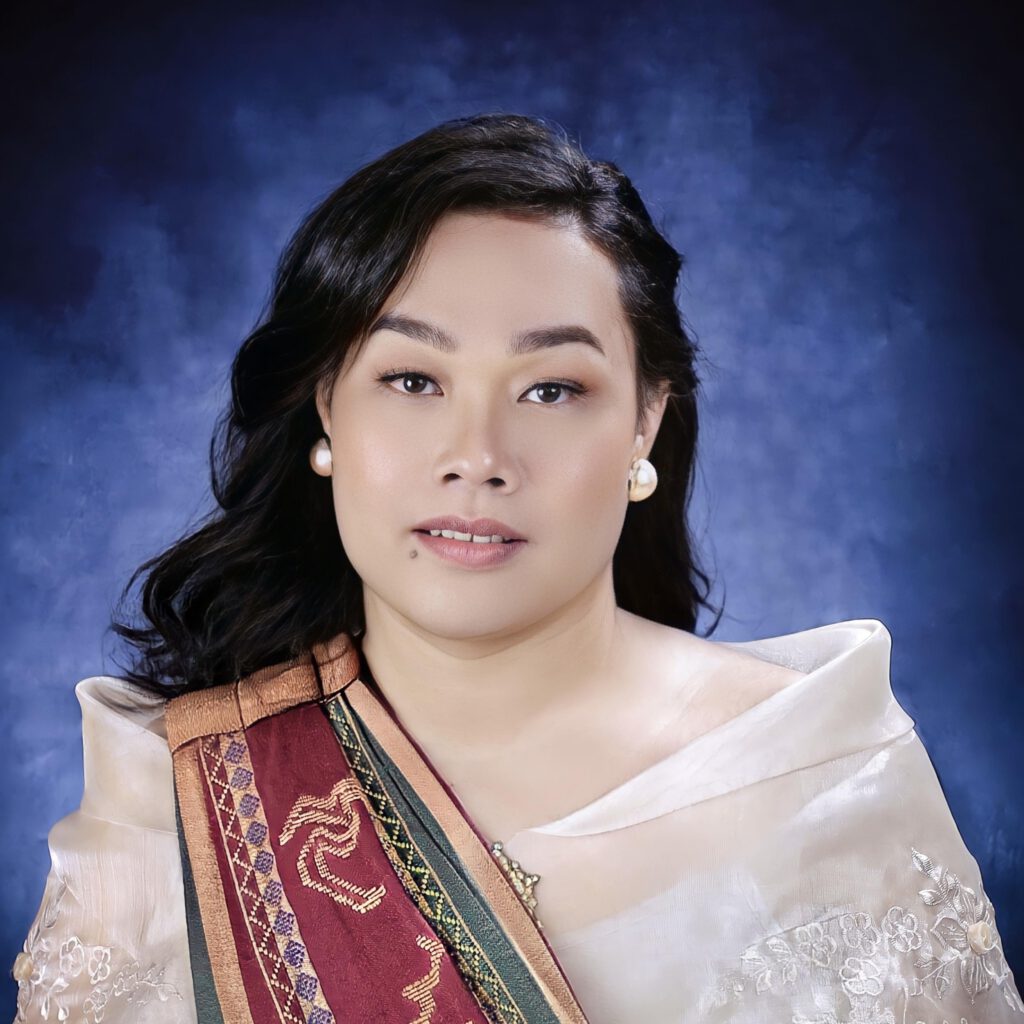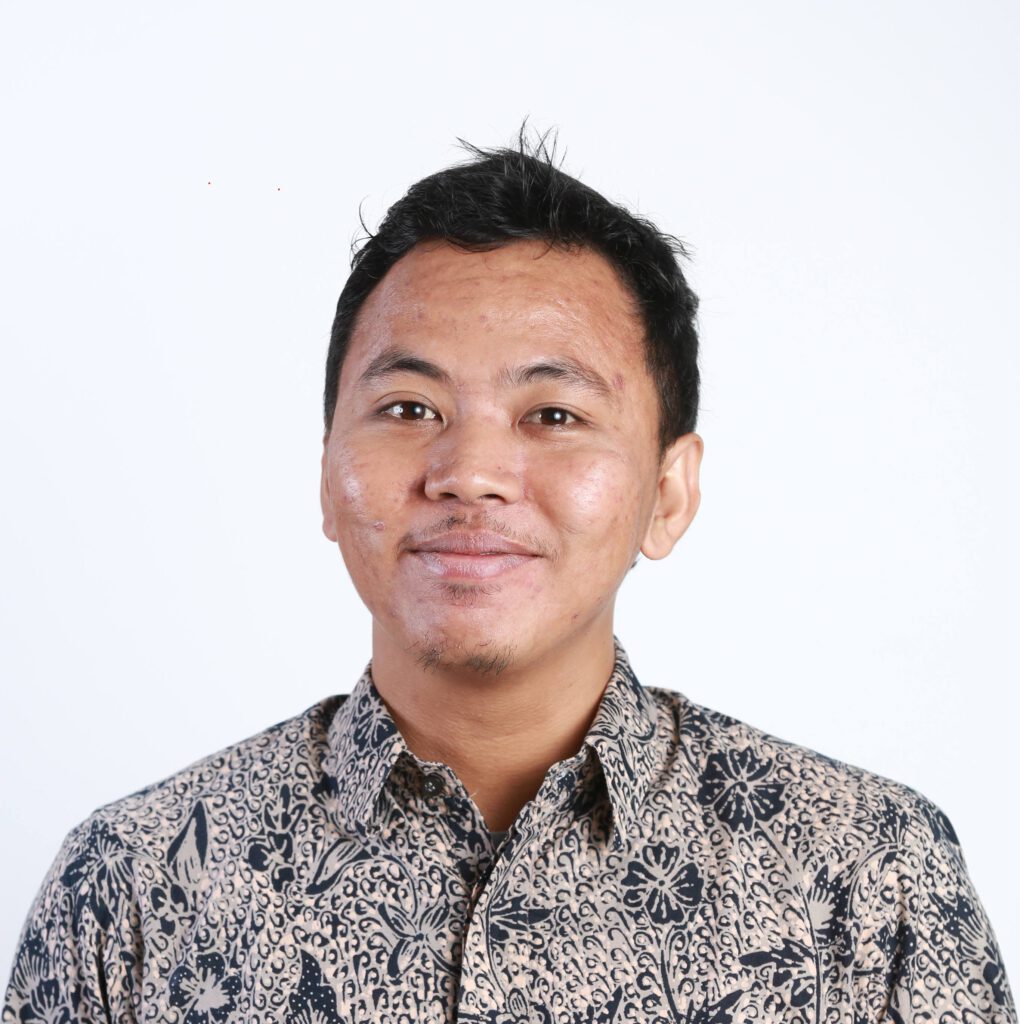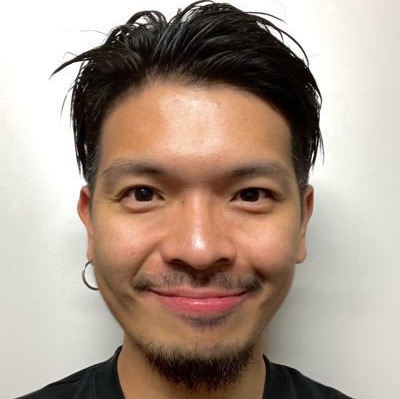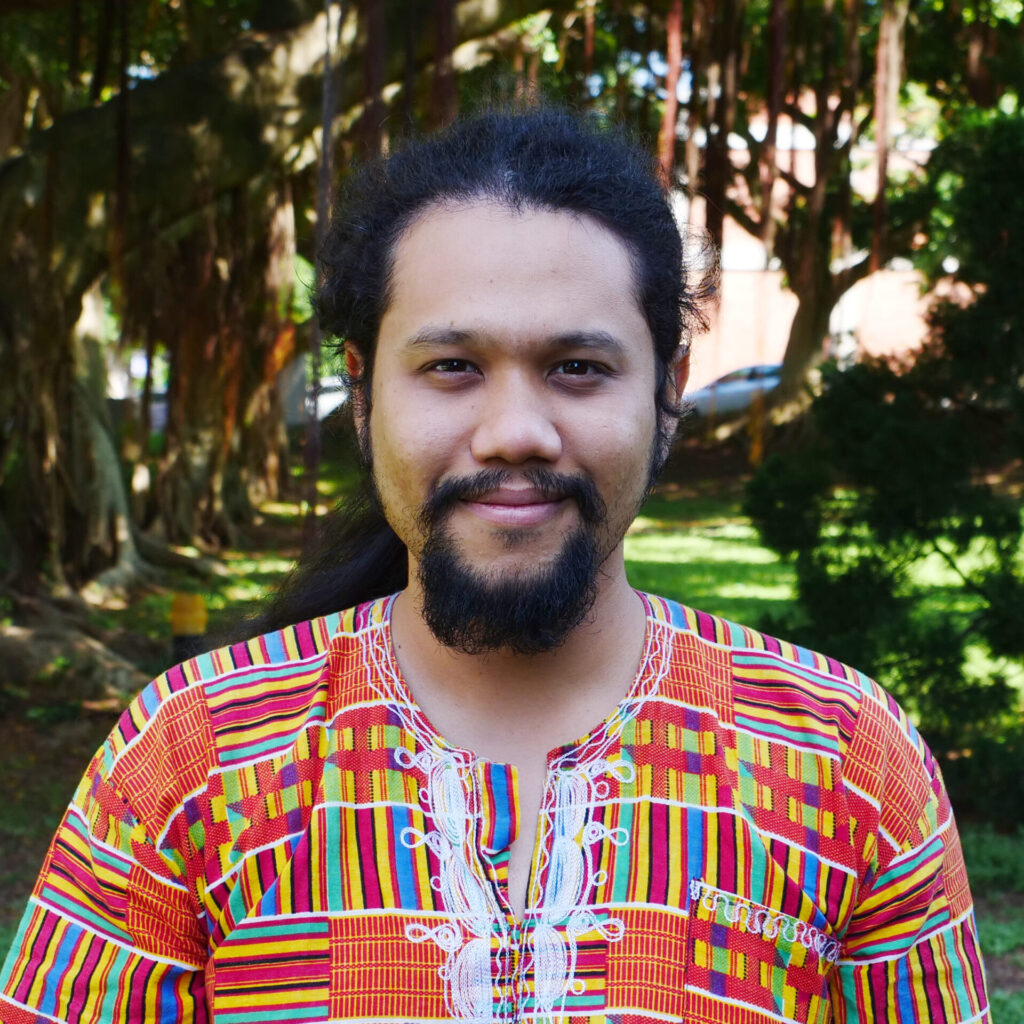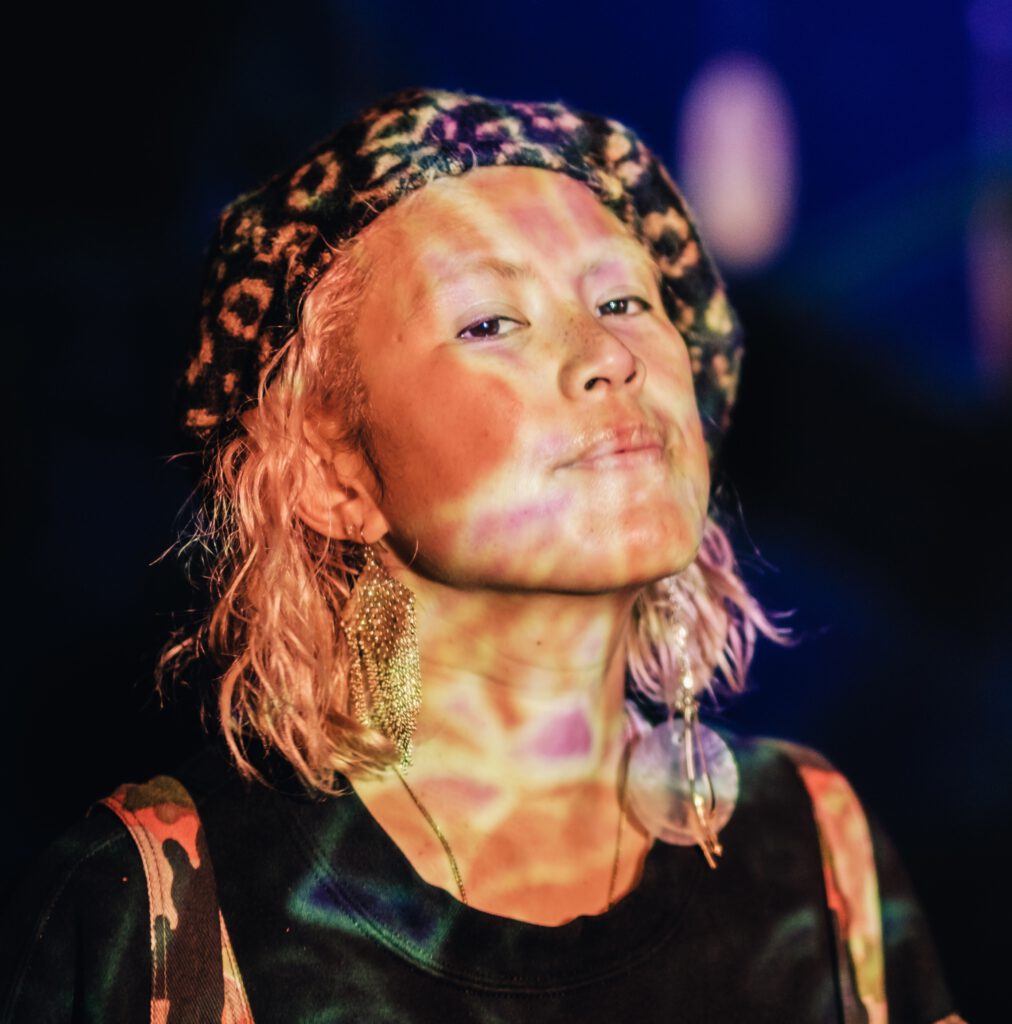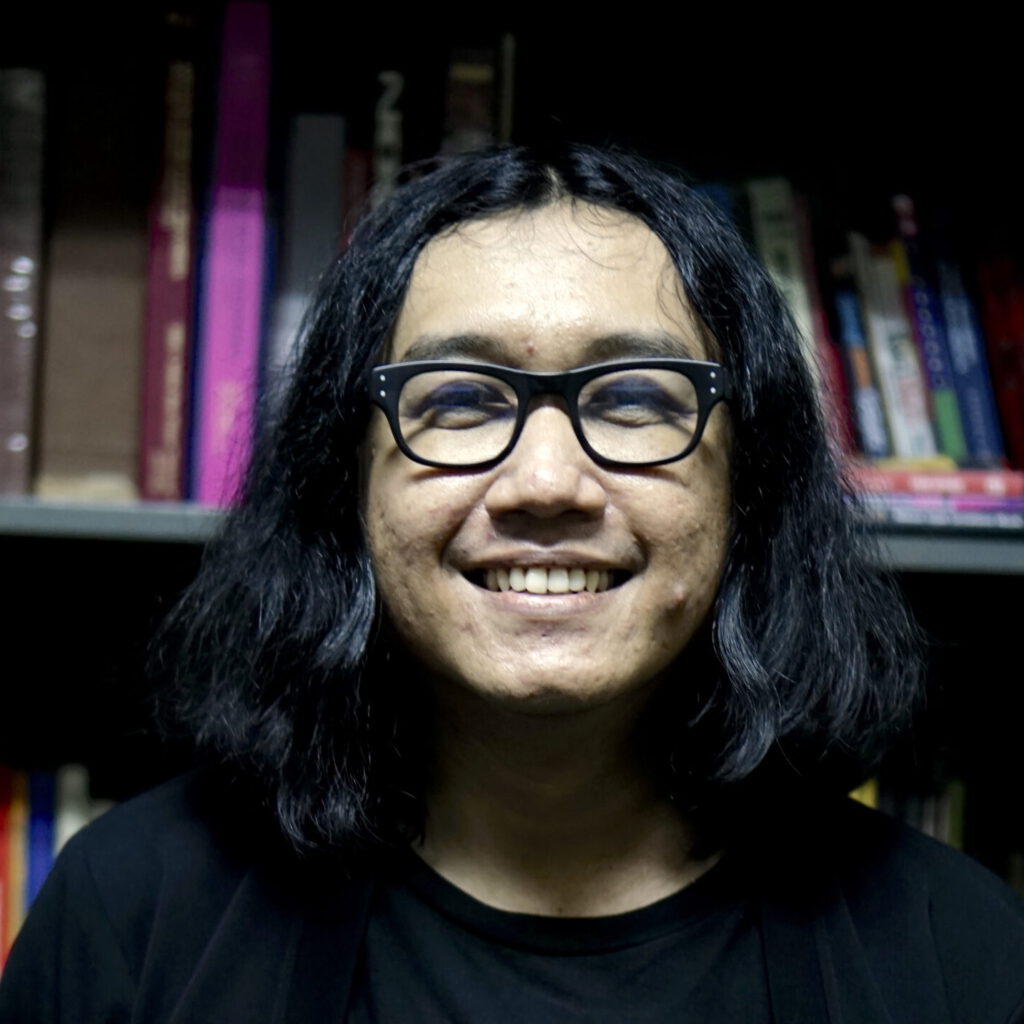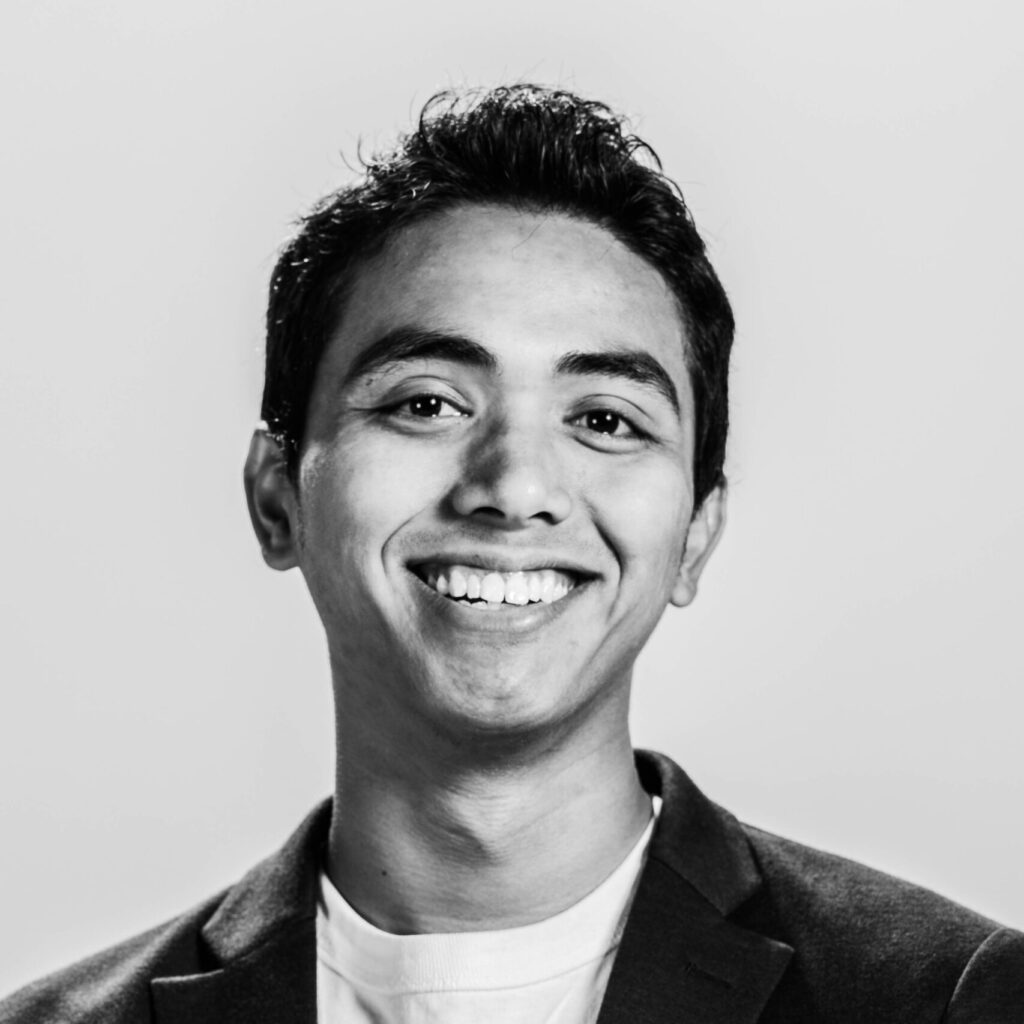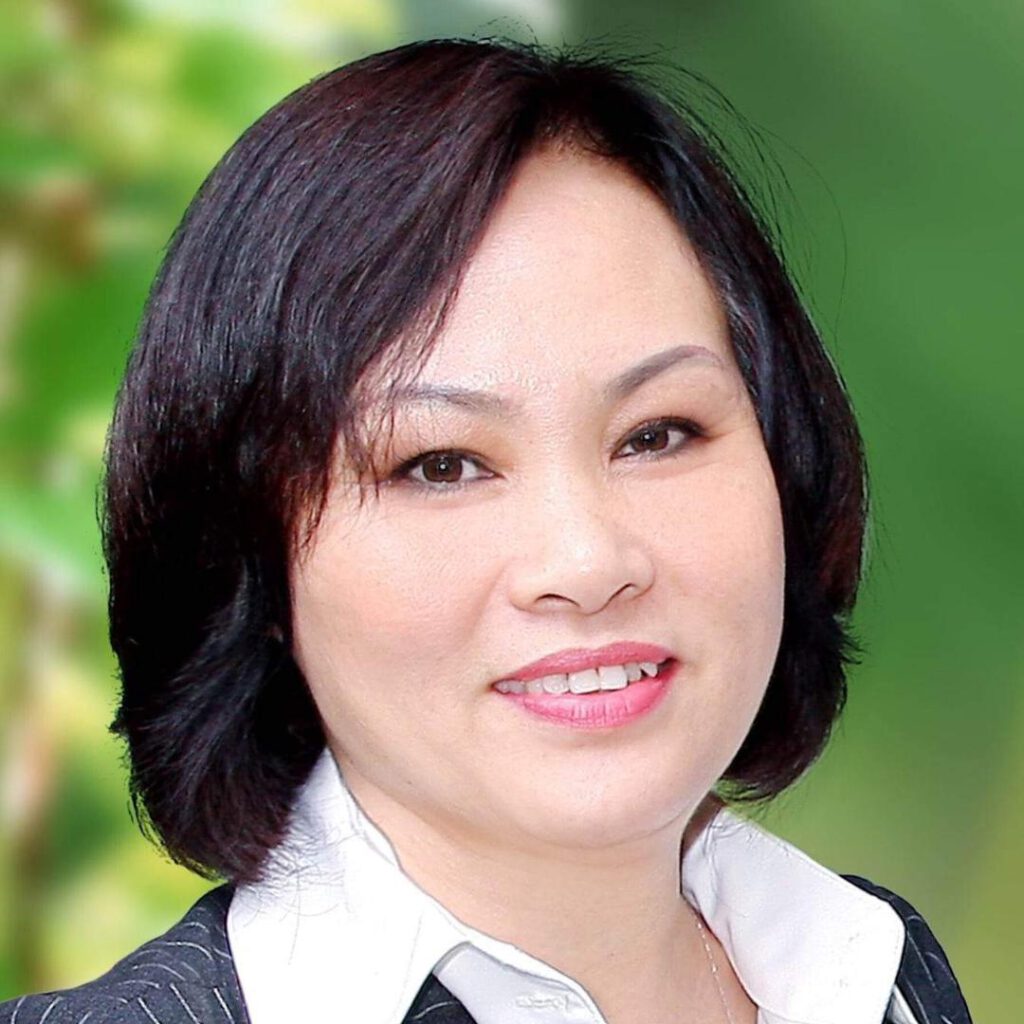DeCoSEAS’ project management is network-based with the explicit aim to decentralize European agency in global flows of knowledge and ideas.
Project Staff
Project Partners
Citra Aryandari
Citra Research Center (Indonesia)
Dominggus Elcid Li
Institute of Resource Governance and Social Change (Indonesia)
Fredrik Molin
SOAS Radio, London
(United Kingdom)
Gisa Jähnichen
Archives of Traditional Music in Laos
(Laos)
Iva Mićanović
University of Amsterdam (Netherlands)
Jabatin Bangun
Asosiasi Tradisi Lisan / Indonesian Oral Traditions Association
(Indonesia)
Johan Oomen
Netherlands Institute for Sound and Vision (Netherlands)
Jovi Juan
Arkivox (UK)
Khamchanh (Ton) Souvannalith
Traditional Arts & Ethnology Centre (Laos)
LaVerne de la Peña
University of the Philippines
Center for Ethnomusicology (Philippines)
Mayco Santaella
MyArchives
Sunway University (Malaysia)
Nicole Emmenegger
Netherlands Institute for Sound and Vision
(Netherlands)
Pudentia MPSS
Asosiasi Tradisi Lisan (ATL) Indonesian Oral Traditions Association
(Indonesia)
Roan May Opiso
University of the Philippines
Center for Ethnomusicology (Philippines)
Sol Maris Trinidad
University of the Philippines
Center for Ethnomusicology (Philippines)
Stevie Nolten
Netherlands Institute for Sound and Vision
(Netherlands)
Thongbang Homsombat
Archives of Traditional Music in Laos
(Laos)
Veronika Kusumaryati
Georgetown University
(United States)
Viela Wiradz
Citra Research Center
(Indonesia)
Fellows 2024
Eva Cuenza
(The Philippines)
Gardika Gigih
(Indonesia)
Jarrod Sim
(Singapore)
Zikri Rahman
(Malaysia)
Fellows 2023
apè Aliermo
(The Philippines)
Ignatius Aditya Adhiyatmaka
(Indonesia)
Azeem Shah
(Malaysia)
Minh Huong Vu Thi
(Vietnam)
